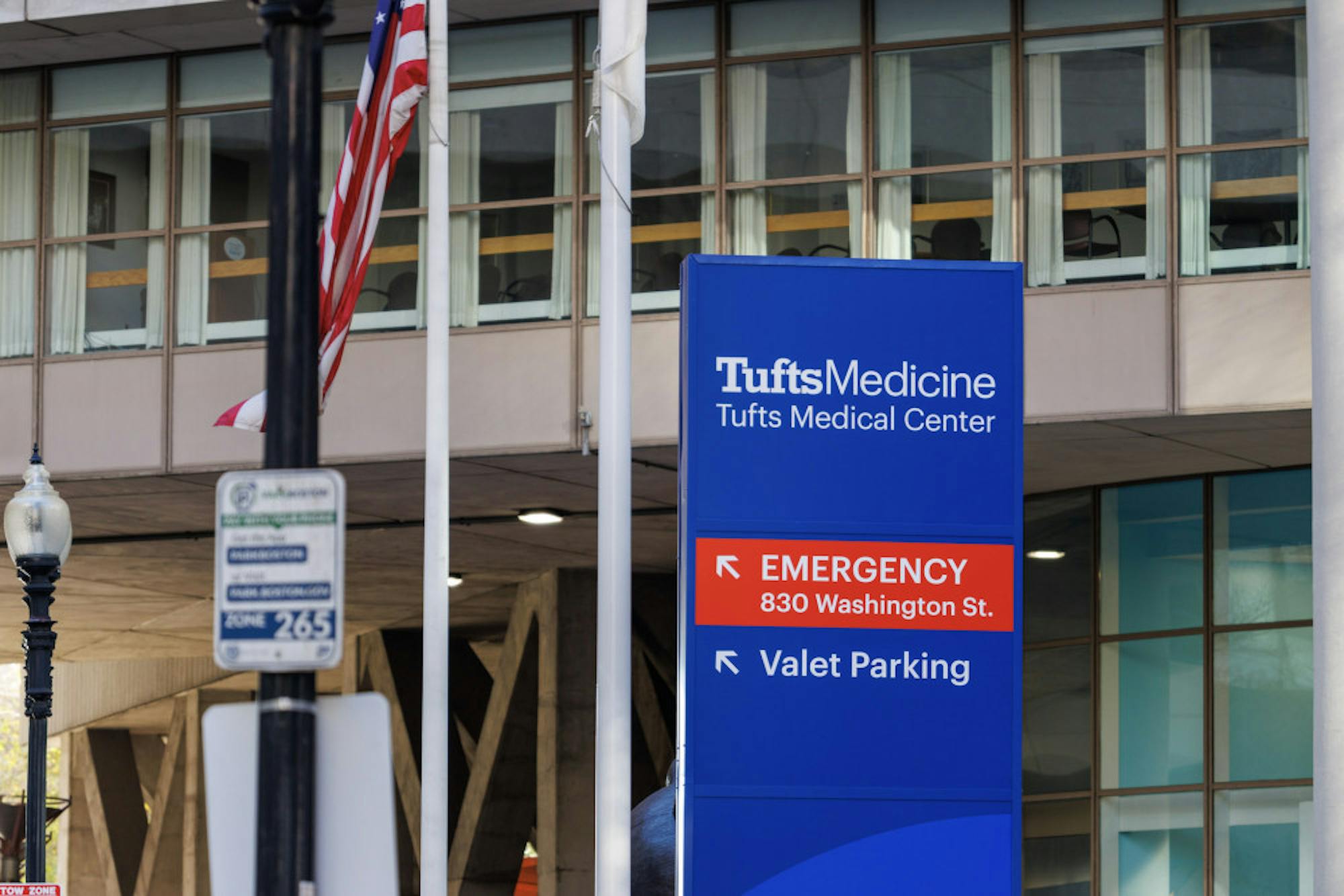Tufts Medical Center will relaunch its liver transplant program in 2023 through its newly established Abdominal Transplant Institute. The institute, which will be led by clinical co-directors Dr. Fred Gordon and Dr. Martin Hertl, aims to build an effective and patient-focused liver transplant program.
Tufts Medical Center has coordinated organ transplants for nearly 40 years. The center once had a successful liver transplant program, until leadership changes and growing competition in the Boston area caused the program to close in 2007. Since then, Tufts Medical has primarily focused on heart and kidney transplants, becoming a leader in heart transplants in 2016.
Gordon, who has 28 years of experience in transplant hepatology, previously served as the vice chair of transplantation at Lahey Clinic, where he gained significant experience in living donor transplant hepatology. Hertl has over 20 years of experience in kidney, liver and pancreas transplantation and will act as the institute’s transplant surgeon.
They are joined by Melissa Parente, the interim vice president over surgical services at Tufts Medical Center, Dr. Ashtar Chami, the medical director of kidney transplants and Dr. Manish Varma, an abdominal transplant surgeon.
In addition to liver care, the institute will perform kidney and pancreas transplants. Gordon explained the benefit of having one institute to manage all the components involved in abdominal organ transplants.
“Transplant is really one of the few truly multidisciplinary fields [where] you need medical doctors, surgical doctors, social workers and psychiatrists … it really involves everybody,” Gordon said in an interview with the Daily. “So to be in the same structure, both physically, medically and financially, really helps the process. It's better for the [doctors]. It's better for the institutions [and] much better for the patients.”
Parente similarly emphasized the importance of having different providers under a single structure.
“We think that this will create more efficient care, more patient friendly care, a better experience for providers and, in a busy academic medical center town like Boston, we think that's what will set us apart,” Parente said.
The Abdominal Transplant Institute will build off the previous liver transplant program. Gordon cites the allocation of organs and the experience of the team as defining factors of the new program.
“When these 250 or so … organs come in, every program has an equal shot at them. Where it used to not be so simple,” Gordon said. “We [also] have one of the most experienced live donor liver transplant surgeons in the United States [Varma] here in our group.”
Varma estimates that he has performed around 500 transplants over the course of his career.
“That's a huge experience [that we are bringing in] as a team, and we are not expecting any learning curve,” Varma said in an interview with the Daily. “It’s a complex transplant program, it’s a complex operation. And I think it's a great achievement for any program to be really geared up for doing living donor transplant programs from the day of start.”
In addition to transplants, the institute will offer interventional radiology services, hypertension surgery, hepatobiliary (liver, bile ducts and/or gallbladder) surgery and more procedures. Varma explained the importance of the Institute’s holistic structure.
“It's very rare to find such an experienced team to start a program,” Varma said. “We have got an immense duration of experience … We have many, many years of experience taking care of patients with liver disease and liver failure. And that is very, very hard to find whenever you’re starting something new.”
The Institute hopes to create bonds with patients by building relationships and prioritizing their comfort throughout the entire process. Parente spoke to the importance of patient-focused care.
“Transplant, in general, [is] never a situation you want to find yourself in … but who you pick to take care of you is really important, because it's not only a clinical journey it’s a family journey,” Parente said. “When we think about living donors [and] how hard the process can be, you want to be with a team of people that you trust completely, that you know are advocating and will give you every shot that you have at getting a life saving organ transplant.”
Varma believes the institute will house the leading program in the region for living donor transplants. They anticipate active liver transplants will begin early next year, with additional organ transplants being added in the future.
“Tufts has a good reputation as an institution [and] as a hospital,” Varma said. “The heart transplant program here is probably the biggest [in] the region … so it was just a matter of time that the abdominal transplantation [program] would catch up.”
Gordon, Parente and Varma expressed excitement to be a part of the Abdominal Transplant Institute.
“We couldn’t be more thrilled with the people that we’ve recruited, with the support that we’ve gotten from senior leadership here at the hospital, to think creatively about how to do this [differently] in a town like Boston, and we’re just really excited for what’s to come,” Parente said.






